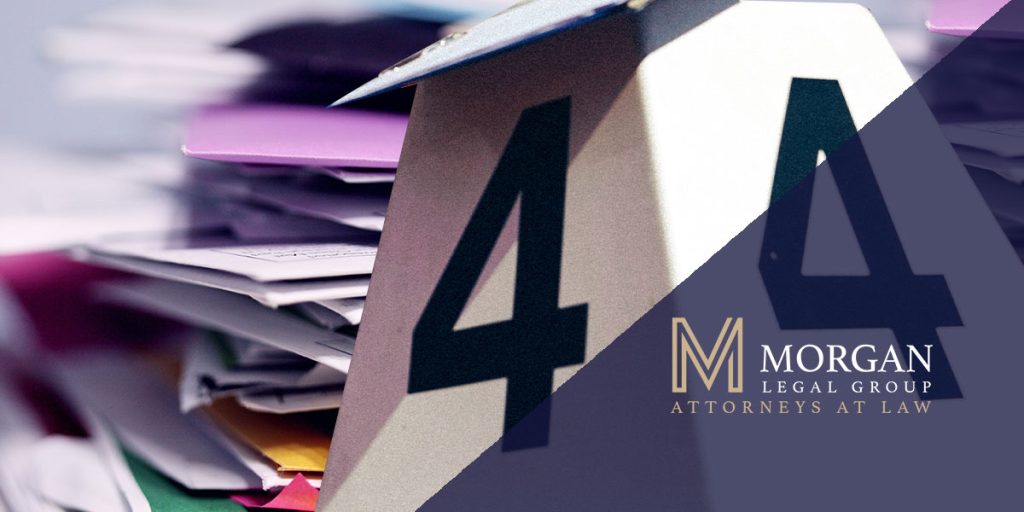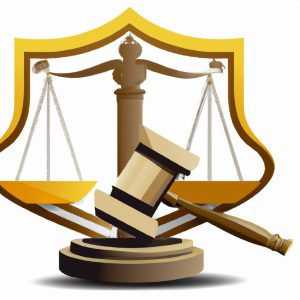The Four Must-Have Documents in Estate Planning in New York
Estate planning is a vital process that allows you to protect your assets, provide for your loved ones, and ensure your wishes are honored when you can no longer make decisions yourself. In New York, a state with its own unique legal requirements, having the right estate planning documents in place is essential. At Morgan Legal Group in New York City, we specialize in crafting customized estate plans that cater to your specific needs. In this guide, we’ll delve into the four must-have documents that should be a part of your estate plan in New York.
1. Last Will and Testament
The last will and testament is perhaps the most well-known estate planning document. It serves as the cornerstone of your estate plan, allowing you to outline how your assets will be distributed upon your passing. In your will, you can designate beneficiaries, specify what assets they will inherit, and even provide for the care of minor children if necessary.
New York’s intestacy laws will determine how your assets are distributed without a valid will, which may not align with your wishes. To ensure your intentions are accurately reflected, working with an experienced estate attorney when drafting your will is crucial.
New York recognizes various types of wills, including simple wills for basic asset distribution. However, complex situations may require additional instruments such as a testamentary trust or a pour-over will. A testamentary trust allows you to create trusts within your will, providing more detailed instructions for asset management. On the other hand, a pour-over will is often used in conjunction with a revocable living trust to ensure any assets not already in the trust are transferred to it upon your passing.
Regularly reviewing and updating your will is also crucial. Life changes such as births, deaths, marriages, or divorces can impact your intended beneficiaries and the assets you wish to distribute. A well-maintained will ensures that your estate plan remains aligned with your evolving circumstances.
2. Revocable Living Trust
A revocable living trust is a versatile and powerful estate planning tool. With this document, you can transfer ownership of your assets to the trust while maintaining control over them during your lifetime. This can be especially beneficial for managing your assets in case of incapacity or for efficient asset distribution upon your passing.
One significant advantage of a revocable living trust is its ability to bypass the probate process. In New York, probate can be time-consuming and expensive. Placing assets in a trust can be distributed directly to the beneficiaries you’ve designated, avoiding the delays and costs associated with probate. This can ultimately preserve more of your assets for your loved ones.
Moreover, trusts offer a degree of asset protection. Depending on the type of trust, they can shield assets from creditors, lawsuits, and other potential threats. This level of protection can be invaluable for individuals with substantial assets or those in professions susceptible to legal actions, such as healthcare professionals or business owners.
If you have minor children, a revocable living trust can also ensure that their inheritance is managed and distributed according to your wishes, even if you are not there to oversee it. This provides financial security for your children while avoiding the potential pitfalls of a direct inheritance at a young age.
3. Advance Healthcare Directives
Advance healthcare directives encompass several critical documents that address non-financial aspects of your estate plan. These documents include:
- Healthcare Proxy: This document designates a person to make medical decisions on your behalf if you become unable to do so. It ensures that your healthcare decisions align with your wishes, even when you are unable to express them.
- Living Will: A living will outlines your preferences for medical treatment in specific situations, particularly life-sustaining treatments or end-of-life care decisions.
Having advanced healthcare directives in place is essential in New York. They provide peace of mind that your healthcare decisions will be made according to your wishes, particularly during critical moments when quick decisions may be necessary.
4. Durable Power of Attorney
A durable power of attorney is a legal document that designates someone to manage your financial affairs if you become incapacitated. The person you appoint, known as the attorney-in-fact, can handle various financial transactions on your behalf, including paying bills, managing investments, and making legal decisions.
Choosing a trusted individual for this role is crucial because the attorney-in-fact will have significant authority over your financial matters. A power of attorney can be customized to grant specific powers and can be designed for immediate use or to become effective only when you become incapacitated.
As with other estate planning documents, reviewing and updating your durable power of attorney is important as needed. Changes in your health and financial circumstances may necessitate adjustments to ensure that your chosen representative continues to align with your needs and values.
Consult with Experienced Estate Attorneys
While these four documents form the foundation of your estate plan in New York, estate planning is not a one-size-fits-all endeavor. Each person’s situation is unique, and the specific documents and strategies required may vary. Consulting with experienced estate attorneys, such as those at Morgan Legal Group, is essential to ensure that your estate plan addresses your individual needs and goals.
Our team specializes in estate planning and can provide you with personalized guidance and legal expertise to craft a comprehensive estate plan that protects your assets and honors your wishes. Don’t leave your estate’s future to chance; let us help you navigate the complexities of New York’s estate planning laws.
Conclusion
Estate planning is a crucial process for individuals and families in New York. The four must-have documents mentioned above—Last Will and Testament, Revocable Living Trust, Advance Healthcare Directives, and Durable Power of Attorney—lay the groundwork for an effective estate plan that protects your assets, provides for your loved ones, and ensures your wishes are followed.
If you have questions about estate planning or need assistance in creating or updating these essential documents, contact Morgan Legal Group today. Our expert team is here to help you navigate the complexities of estate planning in New York and secure your family’s financial future.





